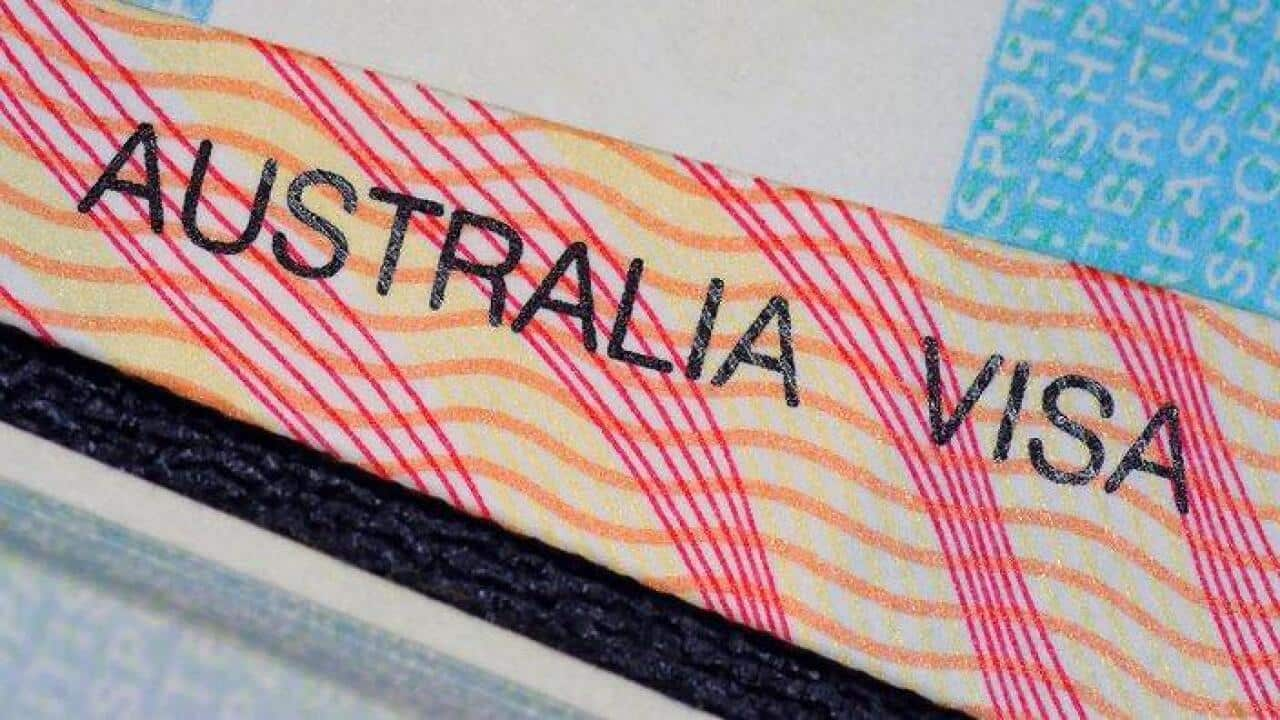The Federal Government on Wednesday announced a cut in Australia’s annual permanent migration cap with a substantial push for settling new migrants in regional Australia, making big cities out of bounds.
However, there are concerns that increasing the number of employer-sponsored visa places at the expense of skilled independent visas that allow visa holders to live and work anywhere in the country could increase the exploitation of vulnerable workers.
Under the new population policy, the government has reserved 23,000 regional visa places within the 160,000 annual quota. The number of Regional Employer Sponsored Visa will rise from 6,000 to 9,000 and state and territory sponsored provisional visa places have been increased from 8,500 to 14,000. Whereas the number of skilled independent visas has been slashed to less than half from 43,990 to under 19,000.
Gurpreet Kaur - an Indian migrant – says she had her employer-sponsored temporary visa cancelled twice after she refused to pay her employers tens of thousands of dollars to keep her visa.
“First this happened to me when I was working in Colac and then Warrnambool [Victoria]. I’m asking what’s the safeguard against this?” says Ms Kaur who has been in Australia since 2009.
Ms Kaur’s employer withdrew support for her visa a month after it was issued to work as a cook at an Indian restaurant. She claims the employer demanded $50,000 for the nomination.
She found another employer who agreed to sponsor her. She worked for her new employer for ten months while her application was still being considered before she claims the employer started demanding money.
“He also demanded money. $35,000 for visa sponsorship and I wasn’t paid for the work I did. I thought it was best not to do it illegally and I quit the job,” Ms Kaur told SBS Punjabi.
She’s now suing the employer for unpaid wages. She was facing deportation along with her husband and two children before she managed to obtain a student visa just in time.
Corruption concerns
Migration professionals say there’s “a very high” incidence of 'corruption' in employer-sponsored visas.
“The refusal rate in RSMS (Regional Sponsored Migration Scheme) is particularly high because of corruption. We deal with such cases almost every day,” says Jujhar Bajwa of Bajwa Immigration Consultants.
He says the employer-sponsored visas vest “just too much” power with employers.
“Though the law requires employers to pay a minimum salary and other payments, even if that doesn’t happen, visa holders feel powerless to complain against them. Because they need their permanent residency,” Mr Bajwa says.
He says, even as the Department of Home Affairs refuses visas in cases where it suspects corruption, it’s the visa holder who loses out.
“I haven’t seen employers going to jail because they exploited someone. At the most, they would be banned for some time from sponsoring another worker,” he says.
The Department of Home Affairs says the government has introduced new measures against unscrupulous employers, including ATO data matching that will help detect exploitation, in addition to tougher penalties for unscrupulous employers.
“The Government has no tolerance for exploitation in Australian workplaces and is continuing to take action to protect vulnerable workers,” a department spokesperson told SBS Punjabi.
The spokesperson said the new measures for enhanced integrity in migration processes give “greater protection to workers within Australia’s temporary and permanent skilled visa programs” and imposes penalties of up to $63,000 per breach against employers breaching sponsorship conditions.
“The Government has also provided an additional $20 million funding for the FWO and is strengthening its powers to deal with employers who exploit their workers. The FWO is the lead agency responsible for undertaking inquiries into alleged breaches of Australian federal workplace laws and is open to anyone in Australia who feels they have been exploited,” the spokesperson added.
In many instances of exploitation of foreign workers, employers have been caught on cash back schemes, forcing workers to pay back in cash salaries deposited in their bank accounts.
Ms Kaur claimed one of her employers also proposed the same arrangement.
“It’s blackmail that’s happening and the government should ensure it doesn’t happen to anyone. Because if it does, that’s slavery, slavery for visas. Because people are desperate and employers control over the fate of these desperate workers,” she told SBS Punjabi.
*Not her real name





